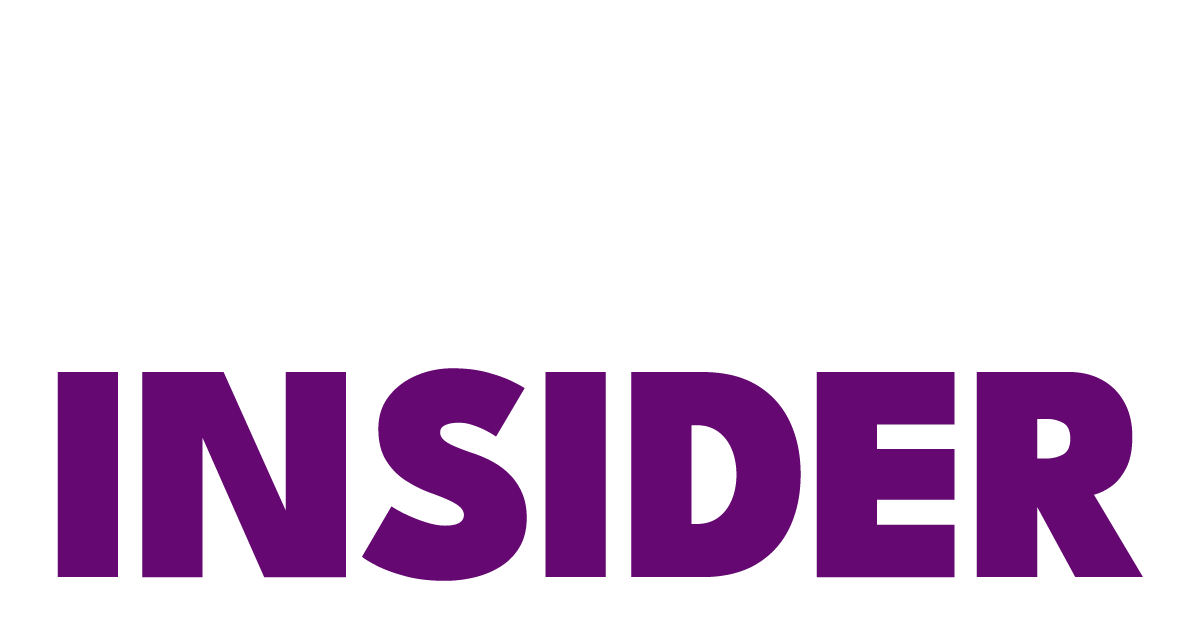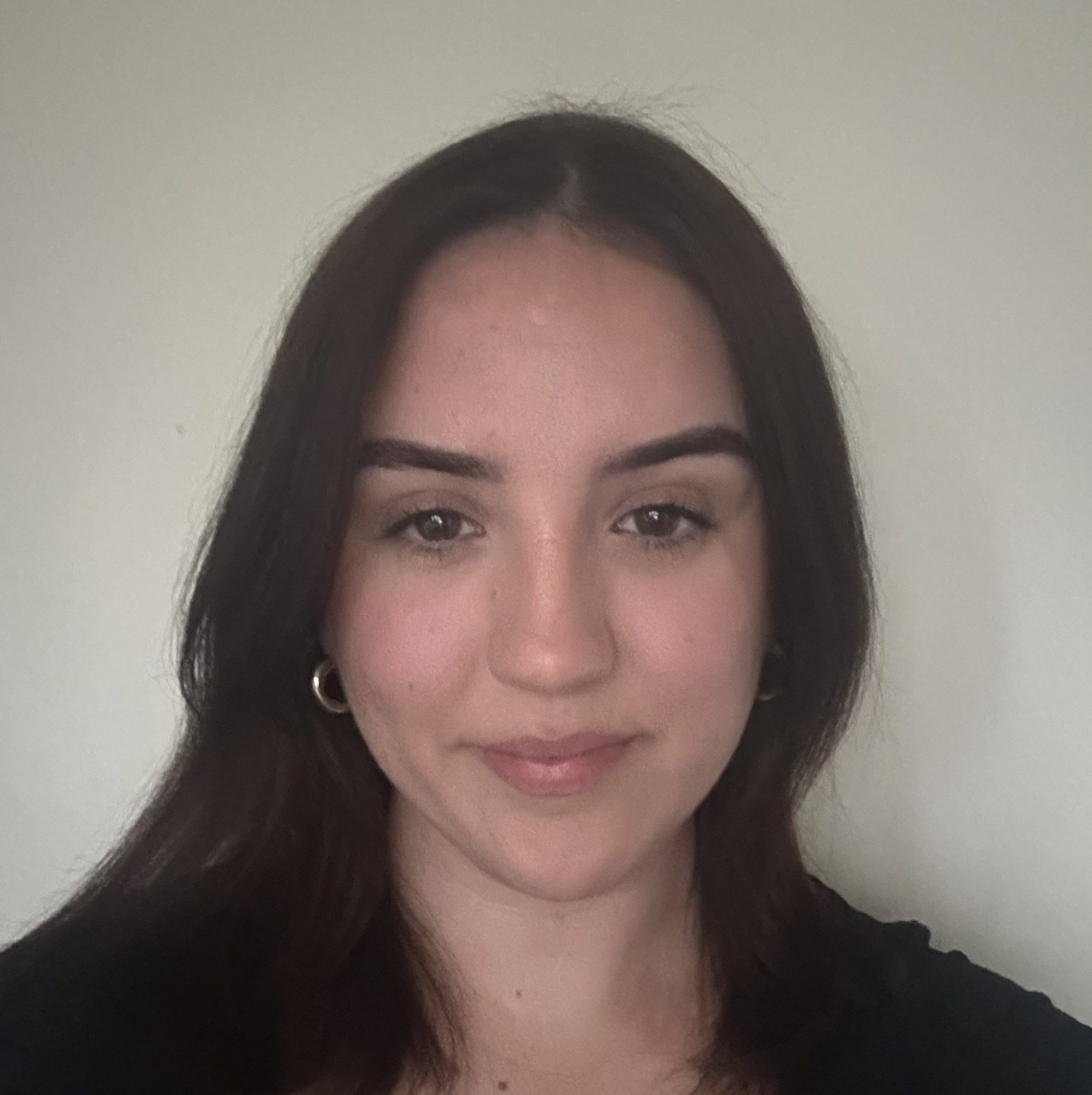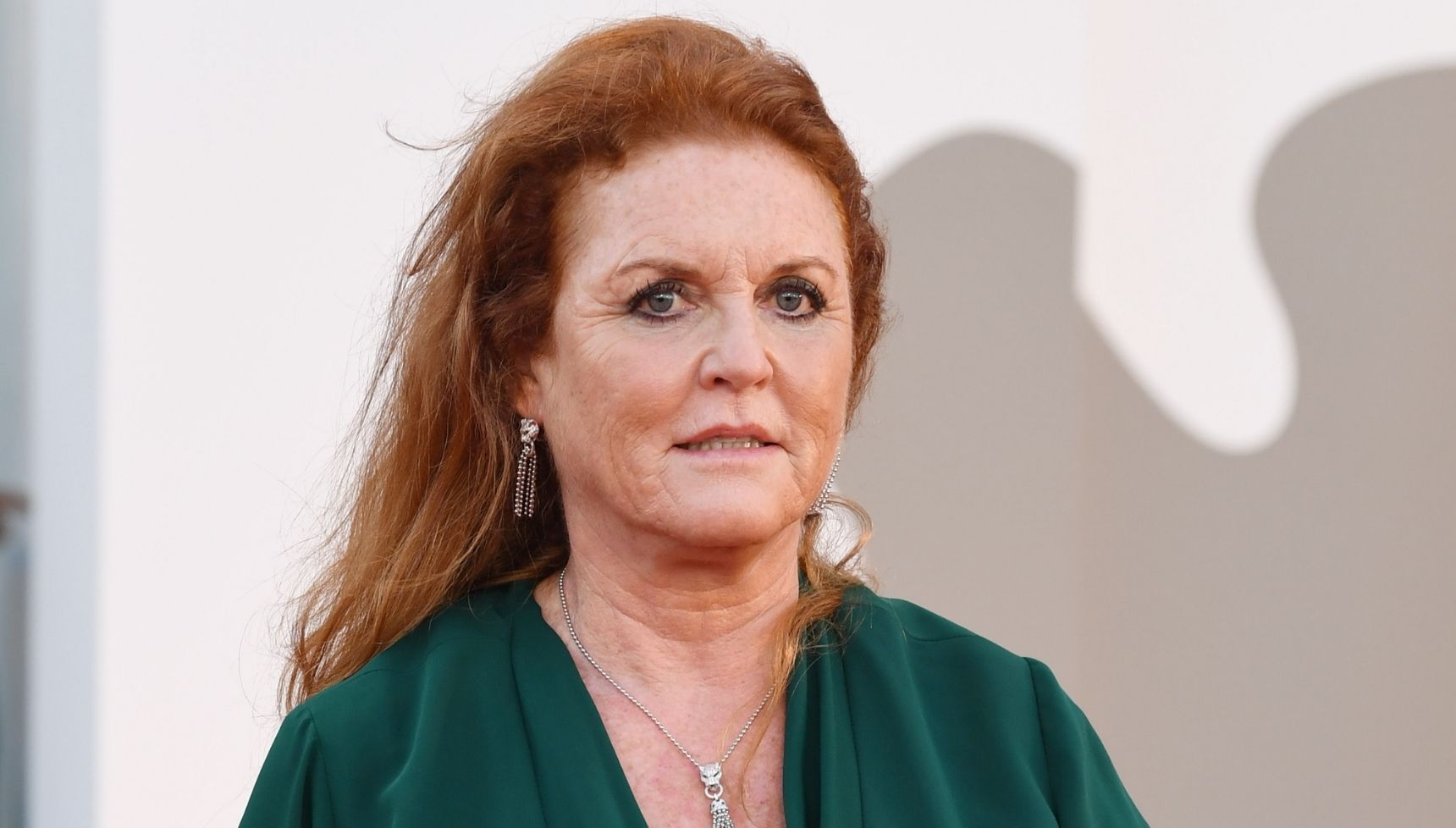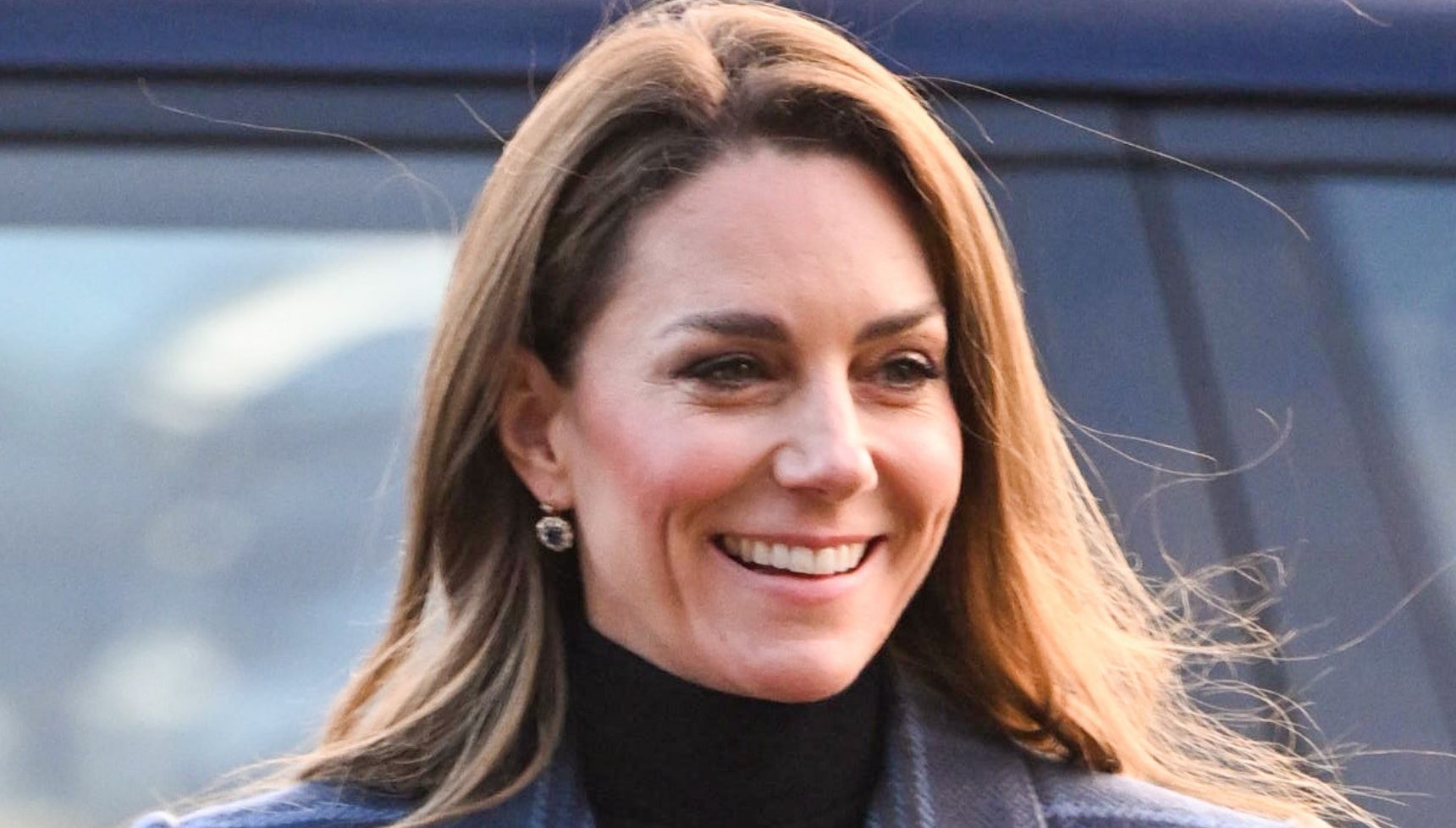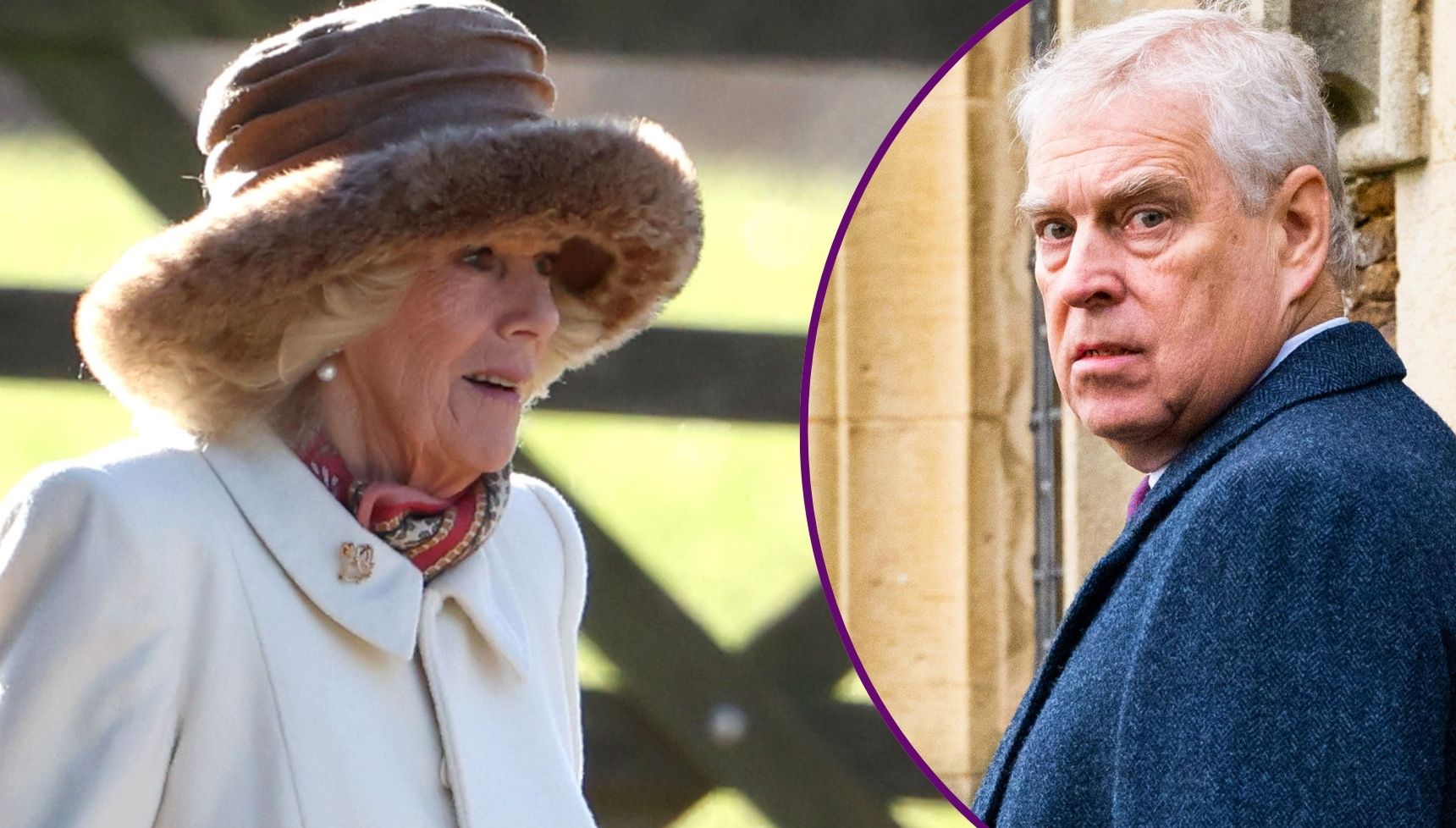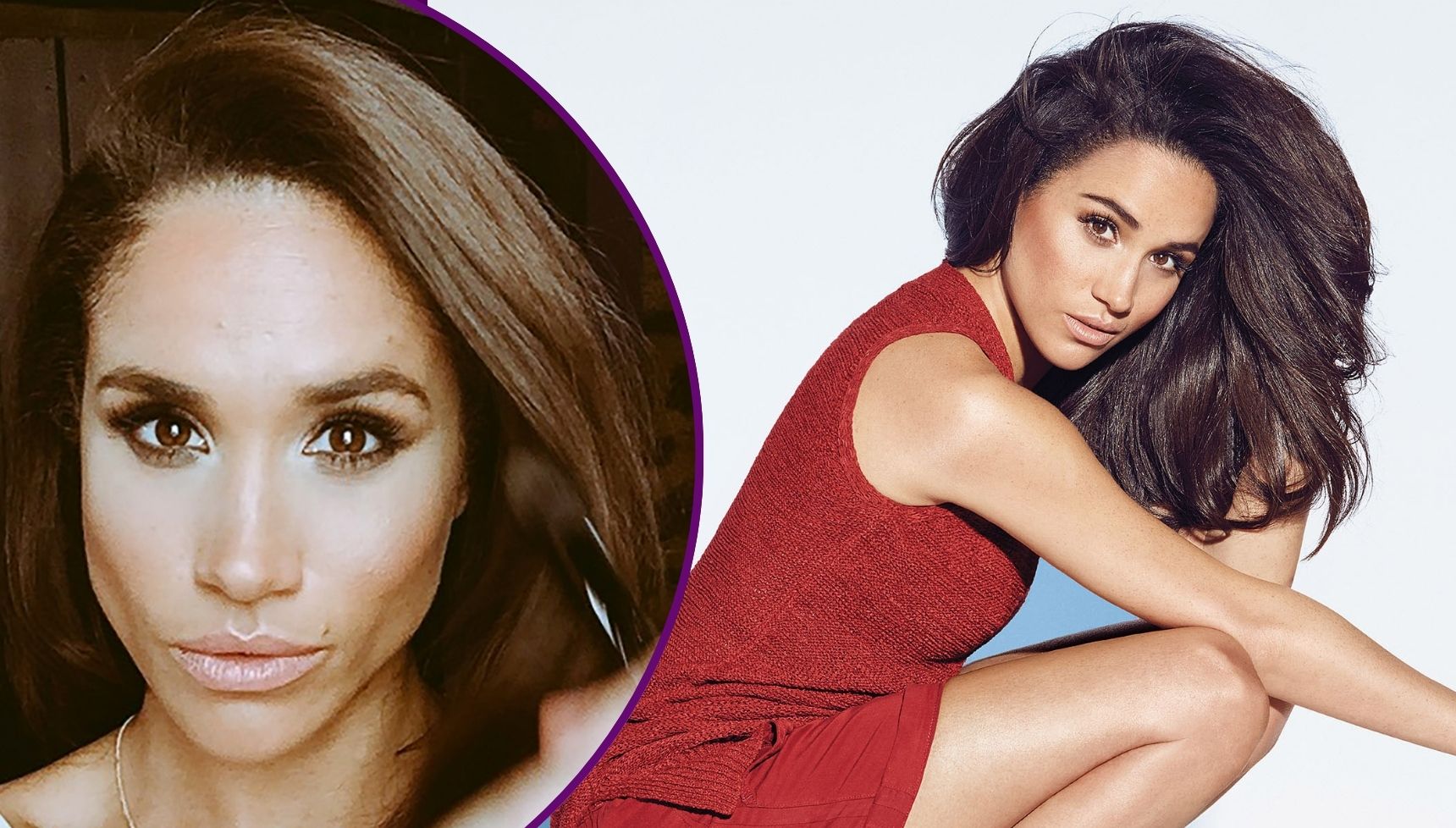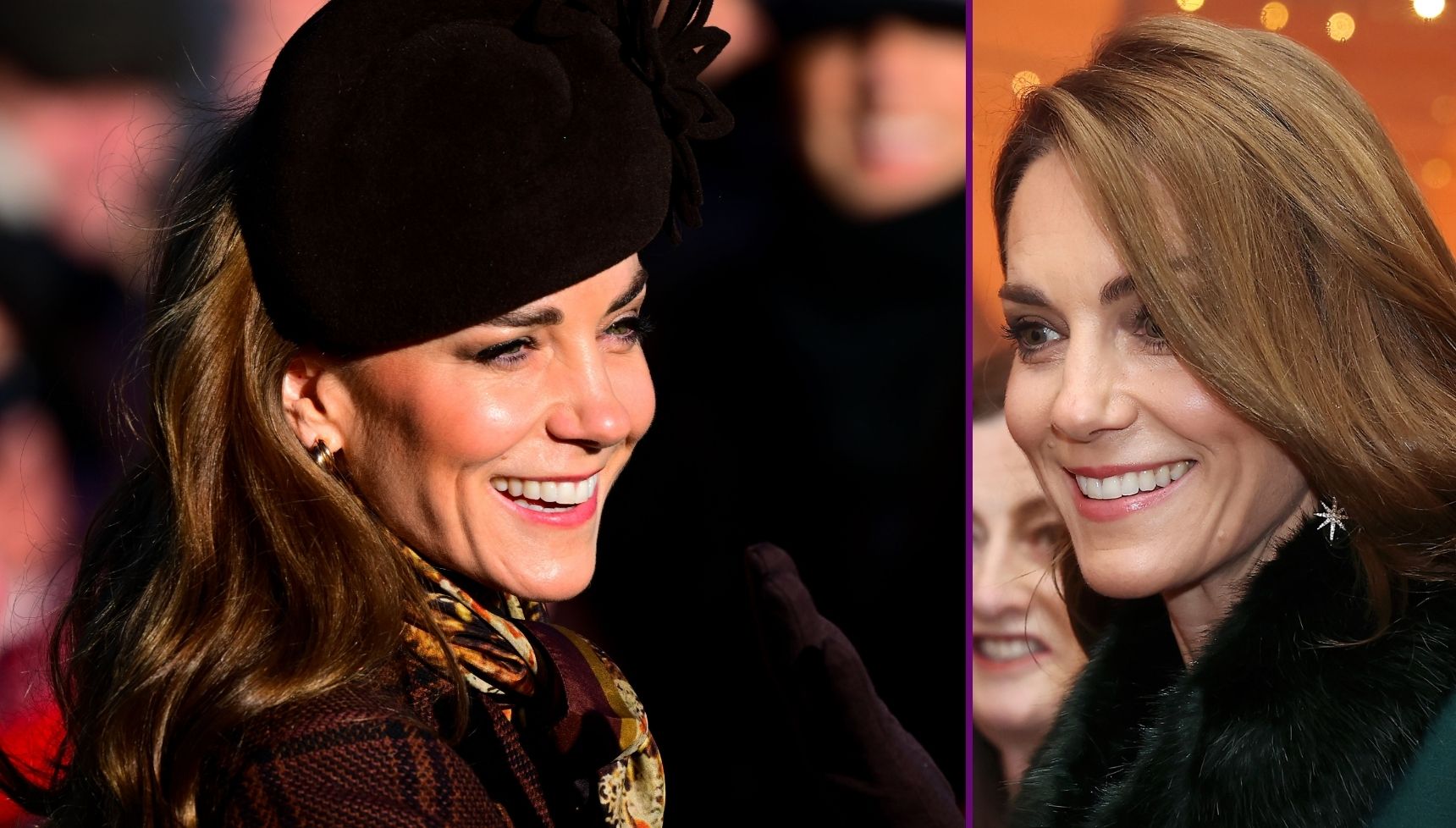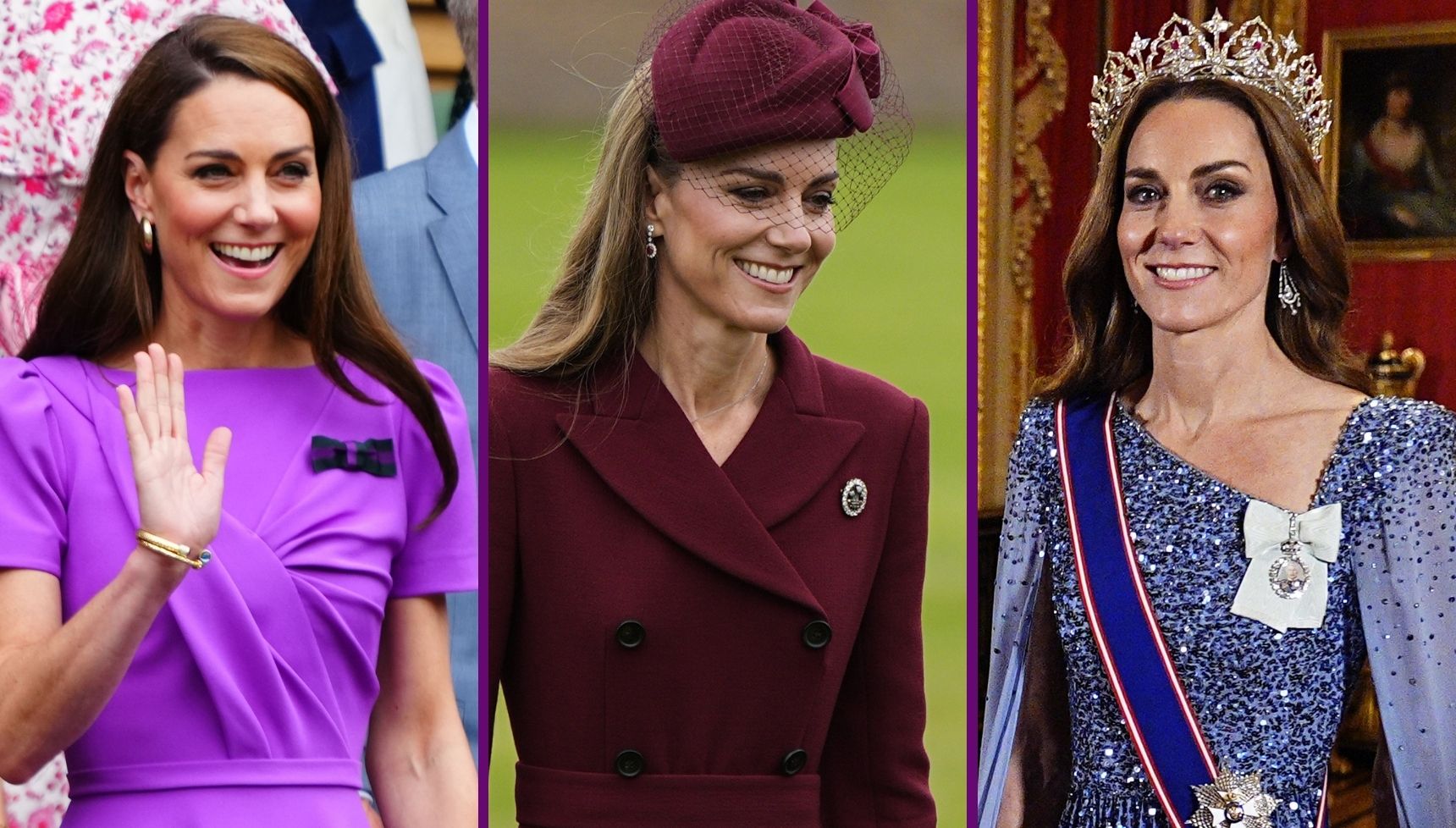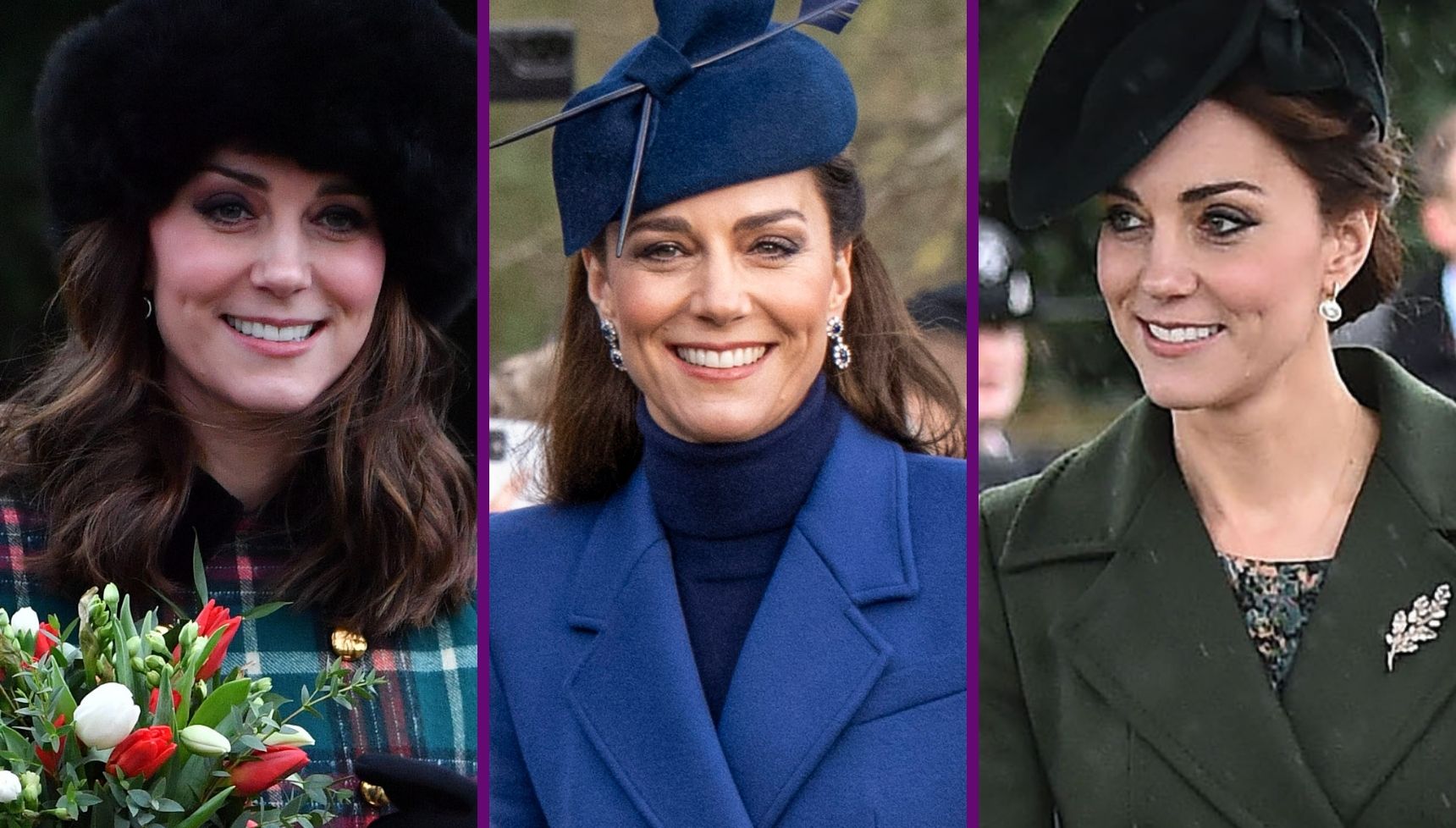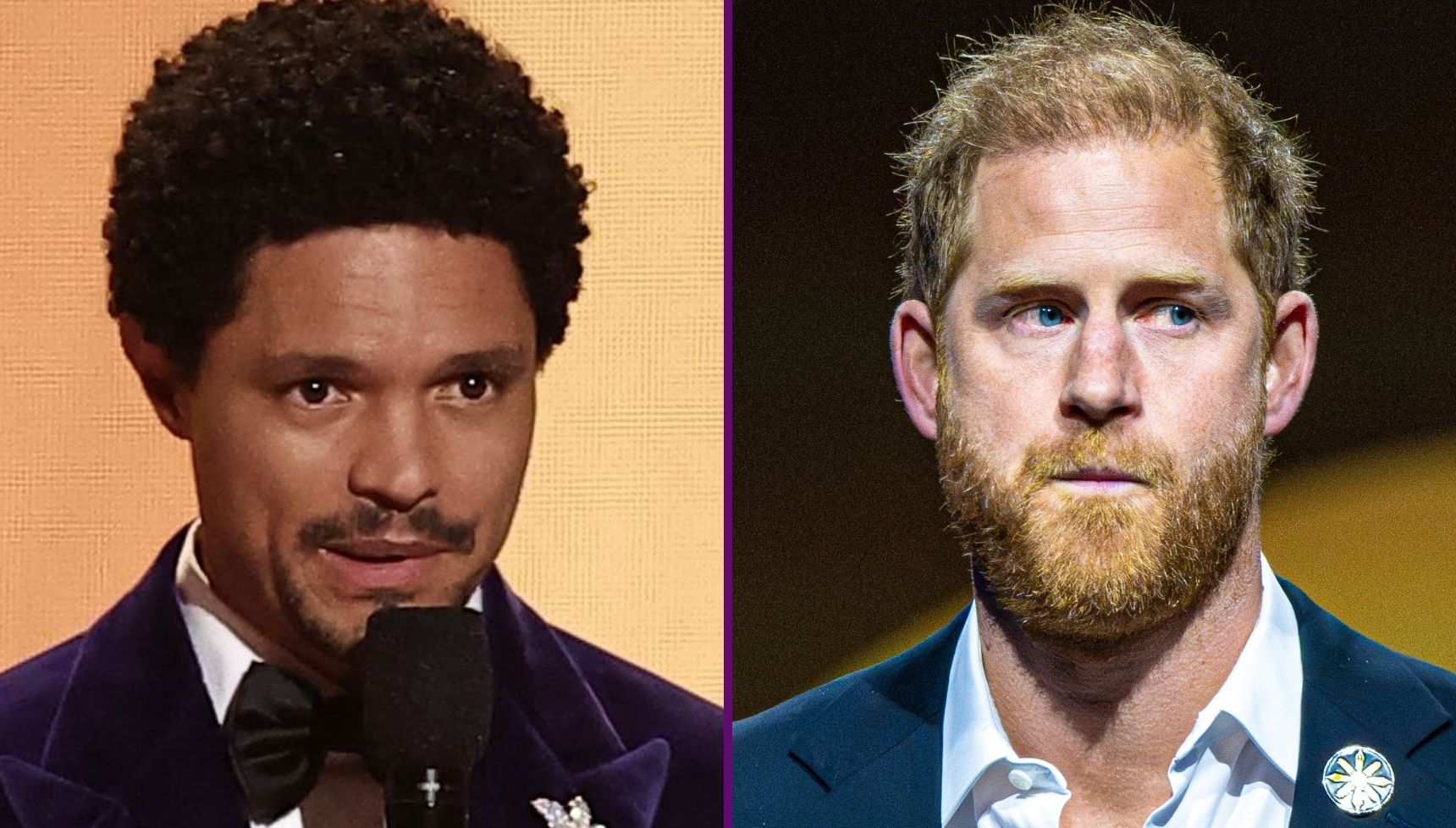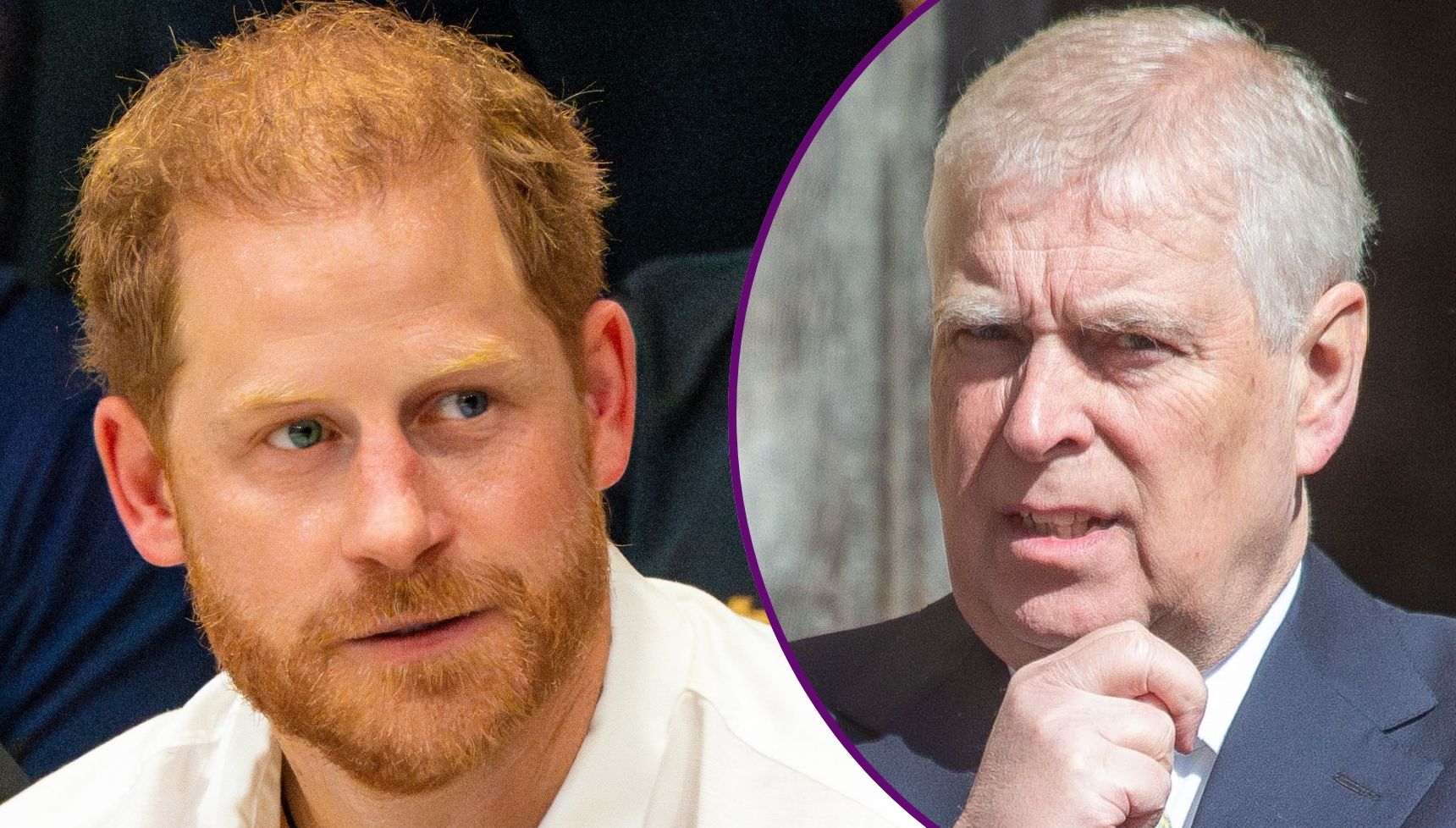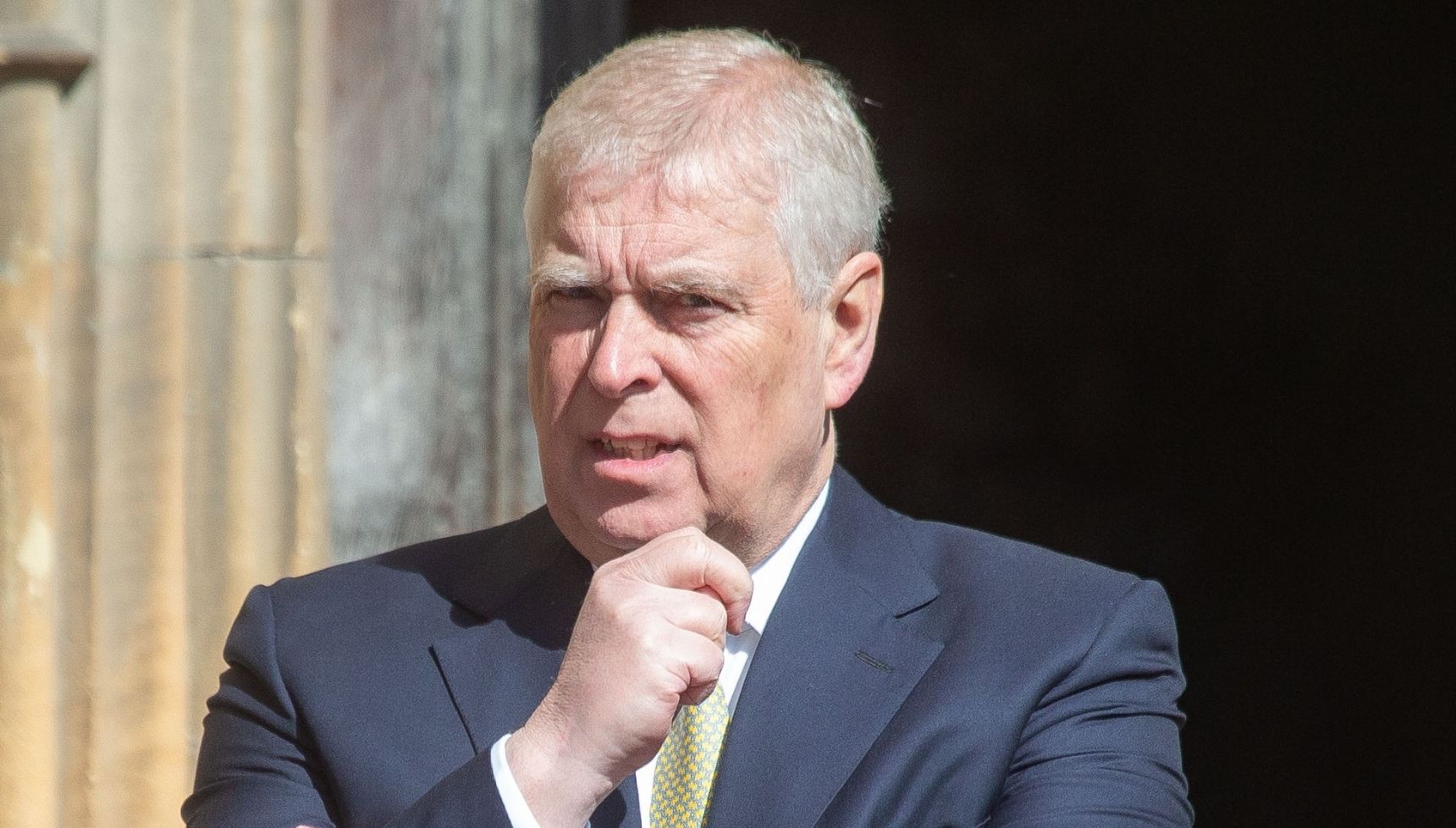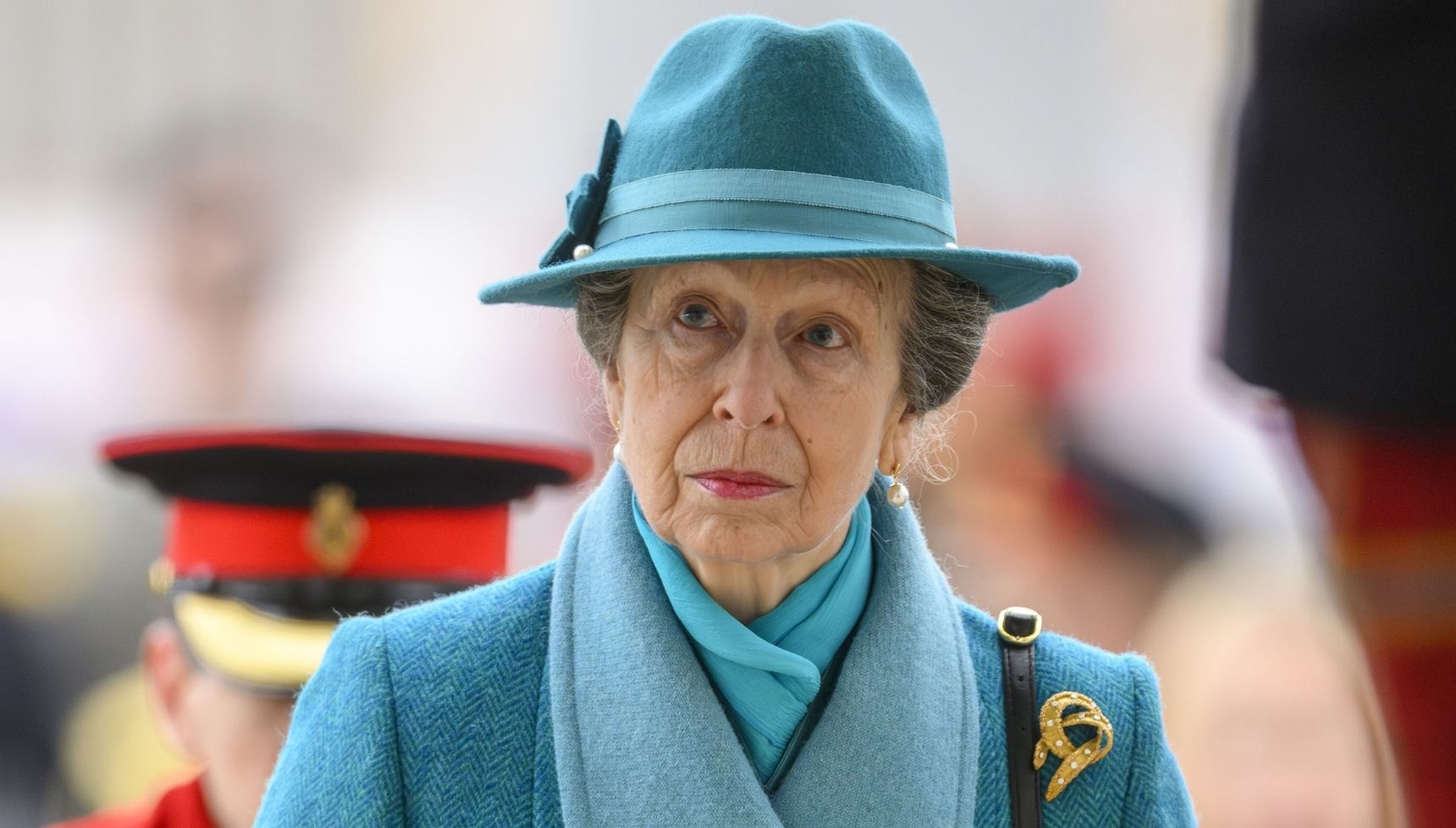Prince Harry 'constantly playing the victim', says TV star in brutal swipe
Prince Harry has had his fair share of criticism from the press lately, and now, TV star Piers Morgan says he’s ‘constantly playing the victim’. Since...Prince Harry has had his fair share of criticism from the press lately, and now, TV star Piers Morgan says he’s ‘constantly playing the victim’.
Since stepping down from their senior roles in the royal family in January 2020, and moving to California, Meghan Markle and Prince Harry have spoken publically about their ‘severed’ relationship with members such as Prince William and King Charles on their Netflix series, and on TV with Oprah Winfrey. Harry himself, also released his memoir Spare.
Piers Morgan says Prince Harry is ‘constantly playing the victim’
Taking to X, formerly known as Twitter Piers Morgan, who has publically made controversial comments about Meghan Markle in the past, didn’t hold back on his thoughts towards Prince Harry.
Replying to a tweet that read: “Harry claims he had ‘no support’ for his mental health issues after Afghanistan tour in his new Netflix series….despite previously telling one interviewer how much his brother had helped him,” Morgan replied:
“Are recollections varying again? So sick of this spoiled twerp constantly playing the victim – and lying about the support he got.”
Although some users said they agreed with the presenter “100%” others came to the Duke’s defence, as one penned:
“Help from your brother/family is very very different to help from a professional…. But keep spinning to what fits your agenda.”
Prince Harry opens up in new Netflix documentary
Speaking on his Netflix documentary, Heart of Invictus, the 38-year-old opened up about the ‘deep trauma’ he faced after returning from Afghanistan, and after his mom, Princess Diana passed away.
“The trigger to me was actually returning from Afghanistan, but the stuff that was coming up was from…1997 from the age of 12,” the Duke explained.
He revealed that his “biggest struggle” was that no one around him could “really help”.
“‘I didn’t have that support structure, that network, or that expert advice to identify what was actually going on with me,” he continued.
